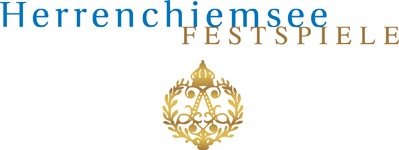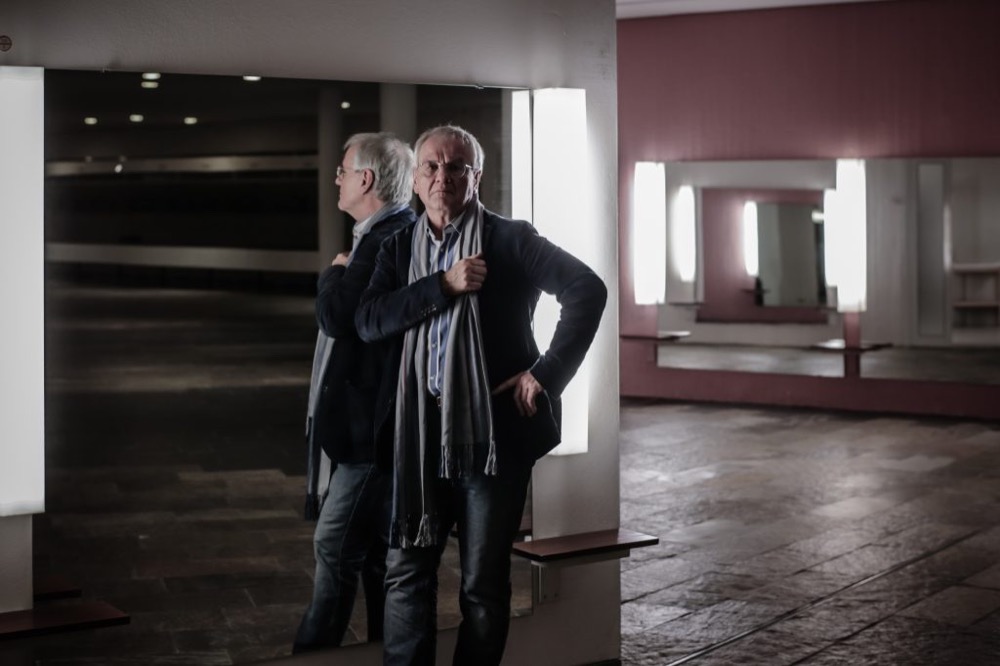Reinhard Goebel is a living legend of early music and a rousing conductor of modern orchestras and chamber orchestras. He discovered his love of the baroque violin at an early age and has never ceased to meticulously scrutinize bowing and articulation down to the last note – whether playing ancient or modern instruments. He is a fanatic of the thoroughly structured string ensemble and orchestral sound. Since founding his ensemble Musica Antiqua Köln half a century ago, he has been redefining performance practice and set new standards in terms of the brilliance, esprit and eloquence of the music. Over the last two decades, he has also brought this approach to modern orchestras.
For 33 years, his medium was Musica Antiqua Köln – Germany’s most virtuosic and influential baroque ensemble. He produced an impressive number of recordings, setting the highest standards of historical performance practice: perfect concordance, precise, resonant and present, with the appropriate approach to each composer from Biber to Bach, thoroughly shaped in every note from continuo to first violin, and yet incredibly full of verve and excitement. Goebel managed to sound just as present and brilliant in the concert hall as he did on record – a rare exception in the field of early music. Anyone who has heard the “Musica Antiqua” at its best will never forget the “eclat triomphal” of the sound and the
“élan terrible” of the tempi.
Already as a chamber musician, the baroque violinist Reinhard Goebel shook up the staid world of the eighties: with his luminous tone and fantastically varied bowing in the “Musicalisches Opfer” and the violin-harpsichord sonatas by Bach, in Telemann and Couperin, but also in Buffardin and Corrette. For Goebel, exploring the byways of music history- which have often enough been the main lines of music history – has always been a boundless intellectual pleasure. This pleasure became the audience’s the more Musica Antiqua mutated into a baroque orchestra: first with Telemann’s “Hamburger Ebb’ und Flut” including a French Overture without any overpunctuation; then with Bach’s Orchestral Suites and
the incomprehensible “Brandenburg Concertos”; finally with Telemann’s unsurpassable “Tafelmusik”, Heinichen’s “Dresdner Concerti” and a lot of Italian music between Valentini and Veracini. Big voices such as Anne Sofie von Otter, Magdalena Kožená or Christine Schäfer replaced the baroque singers of earlier recordings to perform Monteverdi and Vivaldi, Bach and Handel with Goebel.
Soon a shift towards a more “traditional sound” became apparent, and since the turn of the millennium Reinhard Goebel has turned to a new medium: the modern chamber and symphony orchestra. What he could no longer express in early music, on gut strings and transverse flutes, because he had already said everything, he now unfolded with the same meticulousness and uncompromising approach in the “big” sound of the orchestra.
Transferring the virtues of early music to modern strings became a new vocation for the passionate violinist. On the podiums of German radio symphony orchestras, he revived Mannheim music by Cannabich and Johann Christian Bach, mixed up Viennese classical music from Salieri to Mozart, uncovered the forgotten Italians and French in Mozart’s shadow. He had new things to say even about Mozart’s best-known works: the violin concertos and the “Idomeneo” Chaconne or ” A Little Night Music”.


